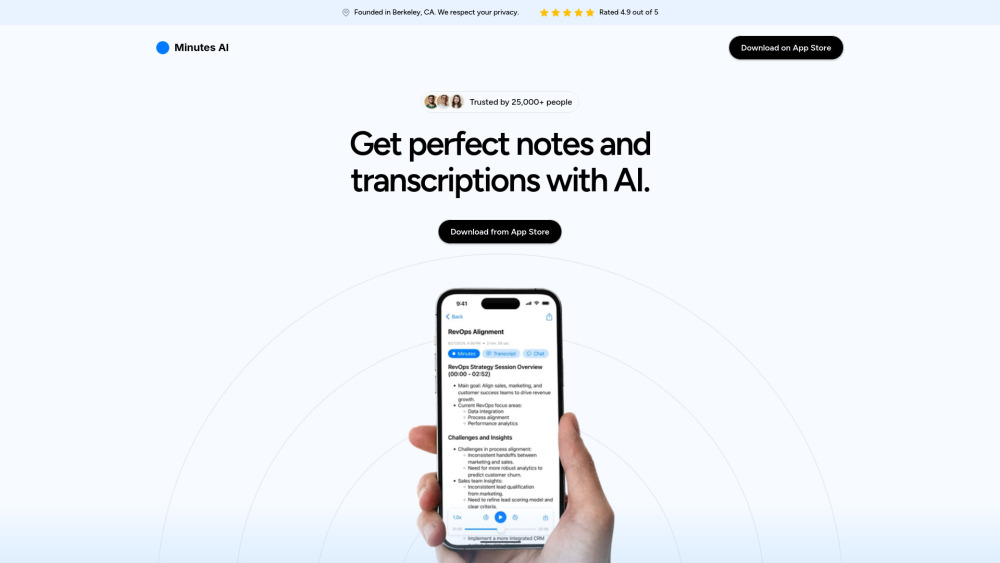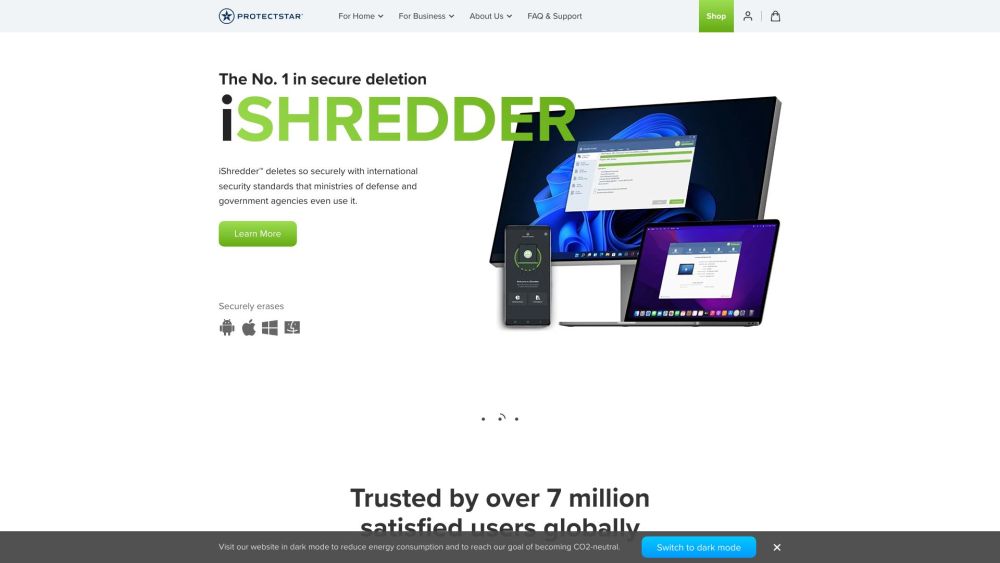Microsoft’s recent Copilot+ announcement has made waves in the tech world. By integrating AI and Arm technology, Microsoft has not only caught up with MacBooks but may have even outpaced them.
However, Microsoft’s moment in the limelight could be short-lived. With Apple’s Worldwide Developers Conference (WWDC) just around the corner, anticipated Mac announcements might overshadow Copilot+, either putting it in a less favorable light or revealing Apple’s disconnect with current technology trends.
The tech community has been eagerly awaiting Apple's entrance into the AI arena. Competitors like Google, Microsoft, Amazon, Qualcomm, Intel, and Meta have been pouring resources into generative AI for the past year and a half. Microsoft stands out, having established a strong partnership with OpenAI early on to leverage AI technology fully.
In contrast, Apple has been relatively quiet about its AI initiatives. Even with a neural engine present in its chips for years, it has not made significant strides to integrate or promote AI like ChatGPT. Nevertheless, it was clear that Apple would eventually need to respond, and it seems the time has come. The announcement of a ChatGPT app for Mac marks an important first step, but it’s just the beginning.
Recent insights from Apple insider Mark Gurman reveal upcoming AI features for both iPhones and Macs. These include enhancements like photo retouching, voice memo transcription, smart replies, Siri improvements, and an intriguing feature—auto-generated emojis. On the Mac front, we might see AI enhancements integrated into Xcode, which could greatly benefit developers.
Improvements to Apple’s first-party applications like Pages, Numbers, Keynote, and Notes are anticipated as a direct response to the generative AI capabilities offered in Copilot Pro. However, overall, Apple’s announcements may be more restrained compared to Microsoft’s bold strategies.
A particularly compelling aspect of this comparison is the promise of “faster and more reliable searches in Spotlight.” While details on how AI will enhance Spotlight remain sparse, there’s significant potential for improvement in this vital search function. Apple's approach could differ notably from Microsoft's new Recall feature—a reworking of search powered by AI that allows users to utilize natural language queries across their entire PC and past activities.
Microsoft's Recall feature raises important privacy and security questions, given its reliance on consistently monitoring user activity. It's unlikely that Apple would consider such an intrusive method, especially since their current Mac lineup lacks the advanced AI processing capabilities seen in Copilot+'s neural processing units (NPUs).
The innovation behind Copilot+ PCs emphasizes on-device processing through integrated NPUs. Microsoft is specifying a requirement of 40 TOPS (Tera Operations Per Second) for eligible devices, surpassing the 38 TOPS offered by Apple's M4 neural engine—currently only available in the iPad Pro, not yet making its way back to the MacBook Air until late 2024.
Though Apple has robust CPUs and GPUs at its disposal, any announced AI features at WWDC will need to align with the existing hardware capabilities, specifically the M3 chip, which offers only 18 TOPS—barely a leap above Intel's Core Ultra NPUs.
Implementing persistent AI models, such as those used in Recall, necessitates performance that maintains battery life. Assuming that Apple continues its tradition of on-device processing to protect user privacy, the new AI functionalities in Macs will likely be more subdued. However, this more cautious approach isn't inherently negative. We’ve witnessed instances where companies have rushed into AI too hastily, leading to notable blunders in technology adoption. Google's recent AI Overviews debacle serves as a potent reminder of these risks.
While Apple may not yet fully embrace AI, this calculated approach could ultimately serve its interests. Historically, Apple waits until technologies reach maturity before committing to them—consider the long development period for Vision Pro. This strategy allows Apple to adopt AI in a more thoughtful and measured way, rather than jumping into a realm fraught with unpredictability.
Although we can only speculate about Apple's announcements at WWDC, it's unlikely that they will match the ambition and controversy of Microsoft’s offerings. We may walk away from the event with the impression that while Copilot+ features are bold and potentially innovative, AI integration on Macs could appear more refined and stable.
We’ll have to wait until June 6 to see what unfolds.





